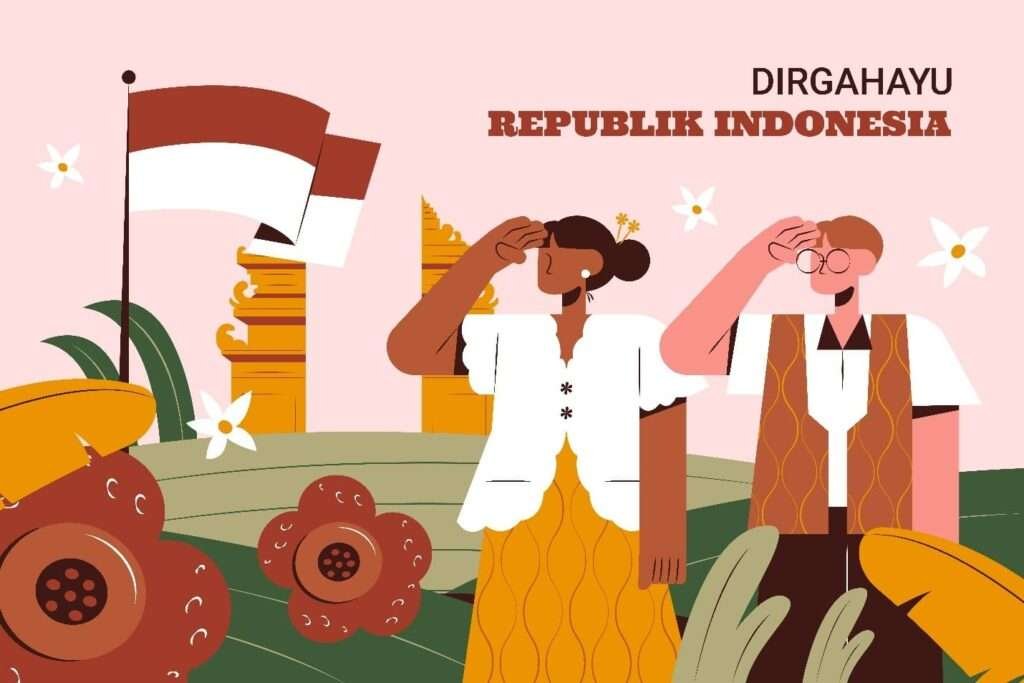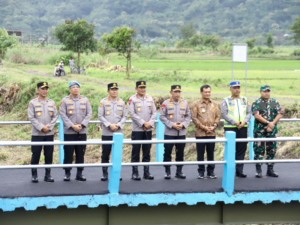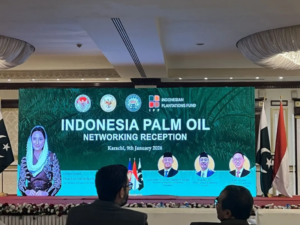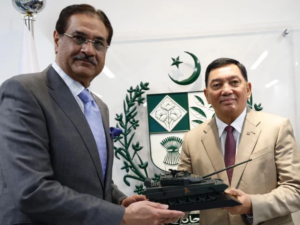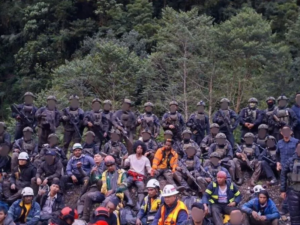Cultural exchange has long been a powerful tool for fostering understanding, respect, and friendship between nations. For Pakistan and Indonesia, two countries with rich histories and diverse cultures, cultural collaboration offers immense potential. Both nations share deep cultural, religious, and historical ties, making them natural partners for initiatives that promote mutual understanding. By celebrating their art, music, cuisine, language, and traditional practices, Pakistan and Indonesia can enhance their bilateral relations and contribute to global unity.
Historical and Cultural Ties: A Foundation for Collaboration
Although geographically distant, Pakistan and Indonesia are united by shared cultural values and a common religious heritage . Both nations are predominantly Muslim, providing a strong foundation for cooperation in areas such as Islamic heritage, religious tourism, and traditional arts. Their shared connection through Islam has fostered exchanges in fields such as education, literature, and religious studies, strengthening the bond between the two countries.
Historically, both Pakistan and Indonesia have participated in the Non-Aligned Movement, advocating for the rights of developing nations on the global stage. This alignment in political and economic interests creates an ideal backdrop for further cultural collaboration, allowing both countries to celebrate their traditions while exploring each other’s rich cultural landscapes.
Collaboration through Artistic Expressions
Sufi Music (Pakistan) & Gamelan Music (Indonesia):
-Both share spiritual themes and celebrate the beauty of spiritual connection.
-Collaborative performances can deepen mutual understanding and appreciation.
Exchange of Traditional Arts
Indonesia’s Traditional Arts:
-Batik painting and Wayang Kulit (shadow puppetry) offer unique insights into Indonesia’s cultural heritage.
-Pakistani artists can benefit from exposure to these practices.
Pakistan’s Traditional Arts:
– Miniature painting, calligraphy, and textiles offer rich cultural expressions.
– Indonesian artists can explore and learn from these traditions.
Culinary Exchange
Pakistani Cuisine:
– Known for its bold spices and rich flavors.
– Offers an exciting contrast to Indonesian culinary traditions.
Cultural Exchange through Food:
– Food festivals, cooking classes, and culinary tours can promote cultural appreciation.
– Strengthen personal and community connections between both nations.
Educational and Academic Collaborations
Educational and academic exchanges are critical components of cultural collaboration between Pakistan and Indonesia. Both countries boast strong educational systems, making student exchange programs and collaborative research initiatives an ideal way to foster cross-cultural understanding.
Pakistani students could gain valuable insights by studying Indonesia’s diverse cultures and languages, particularly in fields such as Southeast Asian studies , Islamic studies, and the arts. Likewise, Indonesian students could benefit from exploring Pakistan’s rich literary heritage, its role in the South Asian region, and its deep-rooted connections to the Islamic world. Joint workshops, conferences, and research projects would allow students and scholars to learn from one another and deepen their understanding of each other’s societies.
Tourism as a Tool for Cultural Connection
Tourism is a powerful means of enhancing cultural exchange. Indonesia, with its scenic islands and cultural landmarks like Bali, Yogyakarta, and Jakarta, is an attractive destination for Pakistani travelers interested in Southeast Asian culture. Conversely, Pakistan’s historical treasures, from the ancient ruins of Mohenjo-Daro to the vibrant streets of Lahore and the breathtaking beauty of the Hunza Valley , offer Indonesian tourists a unique cultural experience.
Promoting bilateral tourism initiatives can create opportunities for people-to-people connections, allowing citizens of both countries to experience each other’s history, traditions, and ways of life. Tourism serves as an effective tool for breaking down stereotypes, fostering empathy, and building lasting relationships.
Conclusion: A Future of Strengthened Ties
The potential for cultural exchange and collaboration between Pakistan and Indonesia is vast. By tapping into their shared values and traditions, both countries can create a platform for mutual understanding and appreciation. Whether through the arts, cuisine, education, or tourism, cultural exchange offers a unique opportunity to foster lasting bonds, promote peace, and enhance bilateral relations.
Through these collaborative efforts, Pakistan and Indonesia can not only enrich their own societies but also set a global example for cultural diplomacy and harmony. By embracing each other’s cultures and learning from one another, both nations can pave the way for a more connected future—one built on respect, understanding, and shared heritage.

